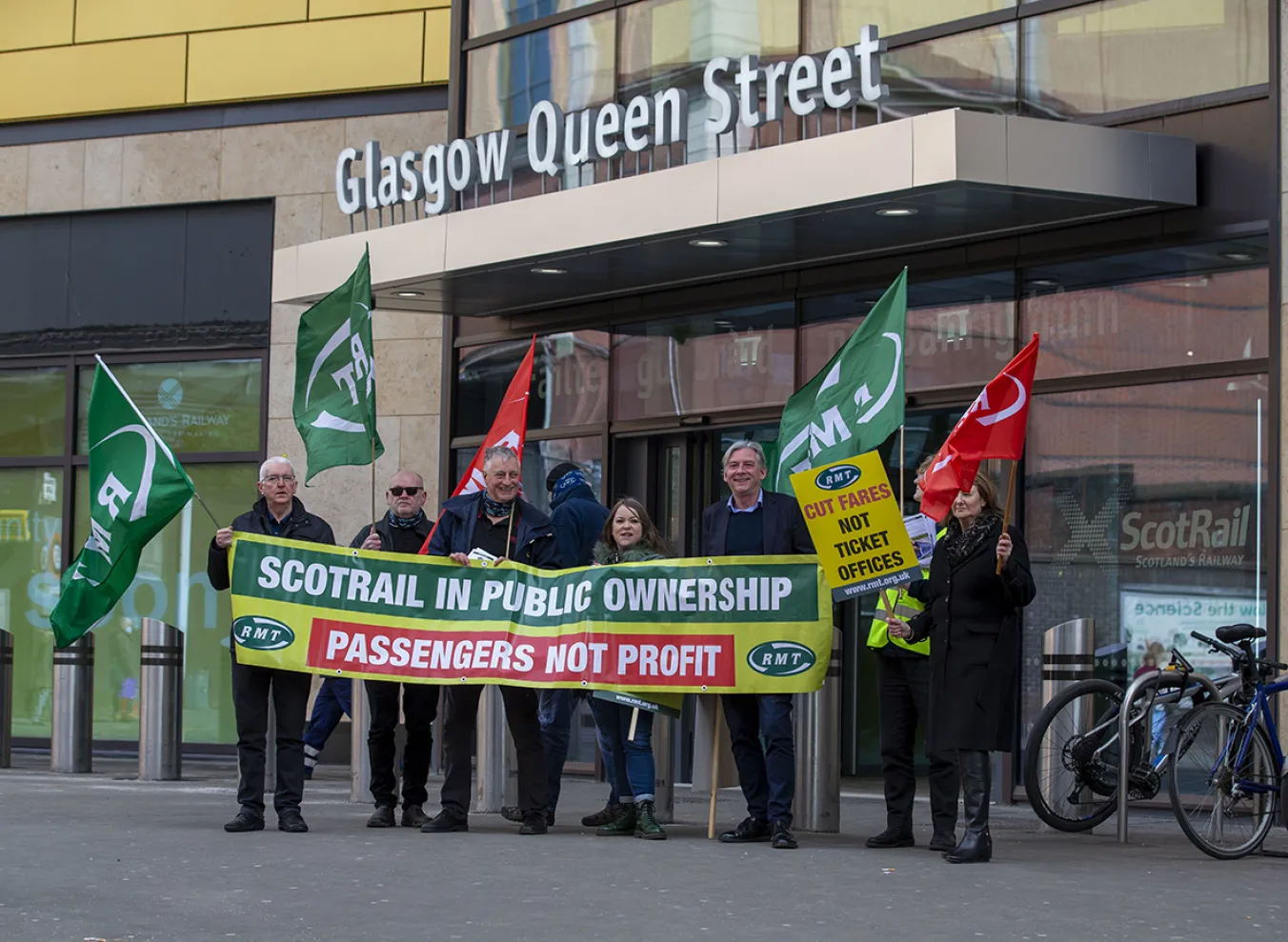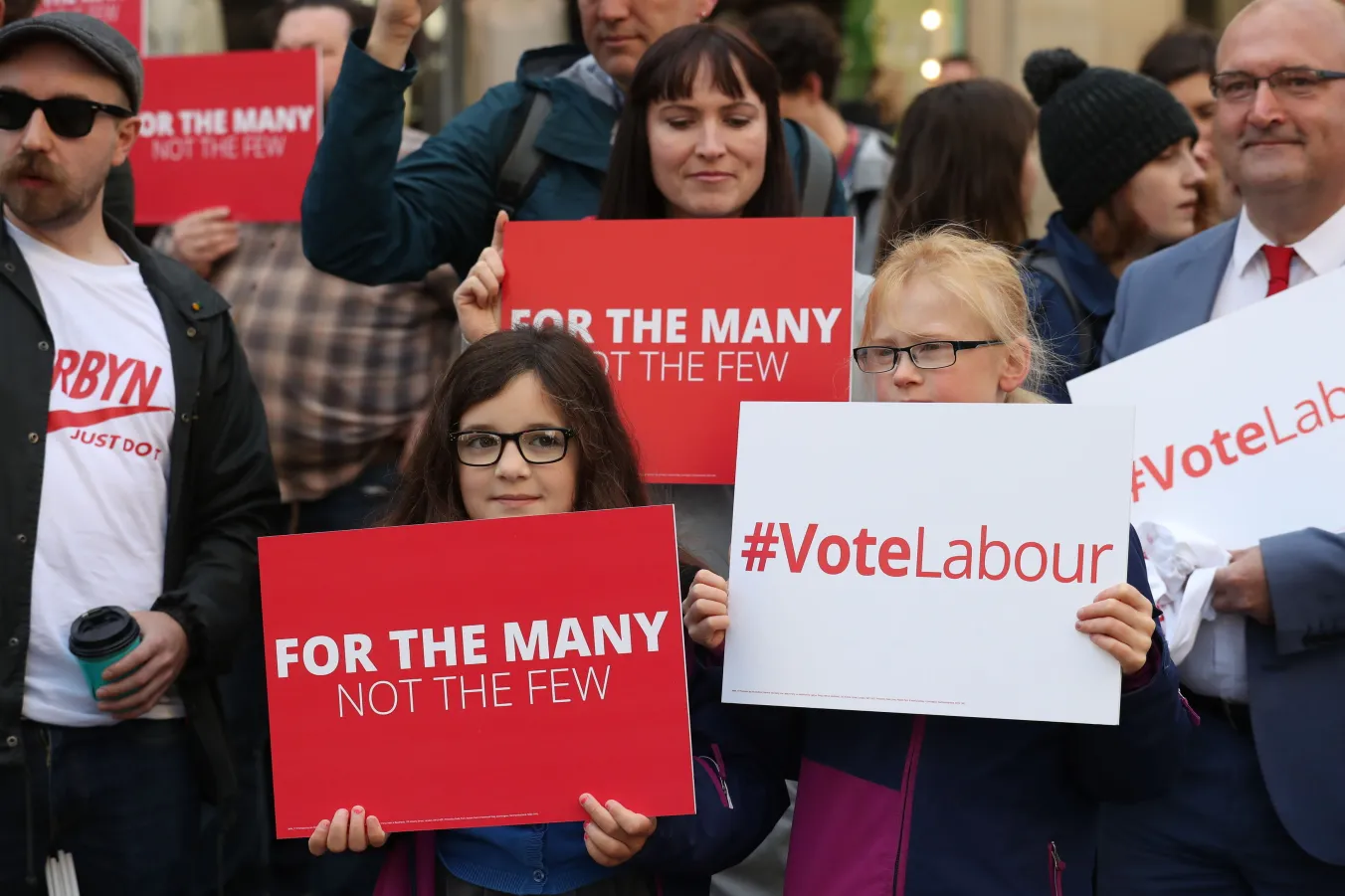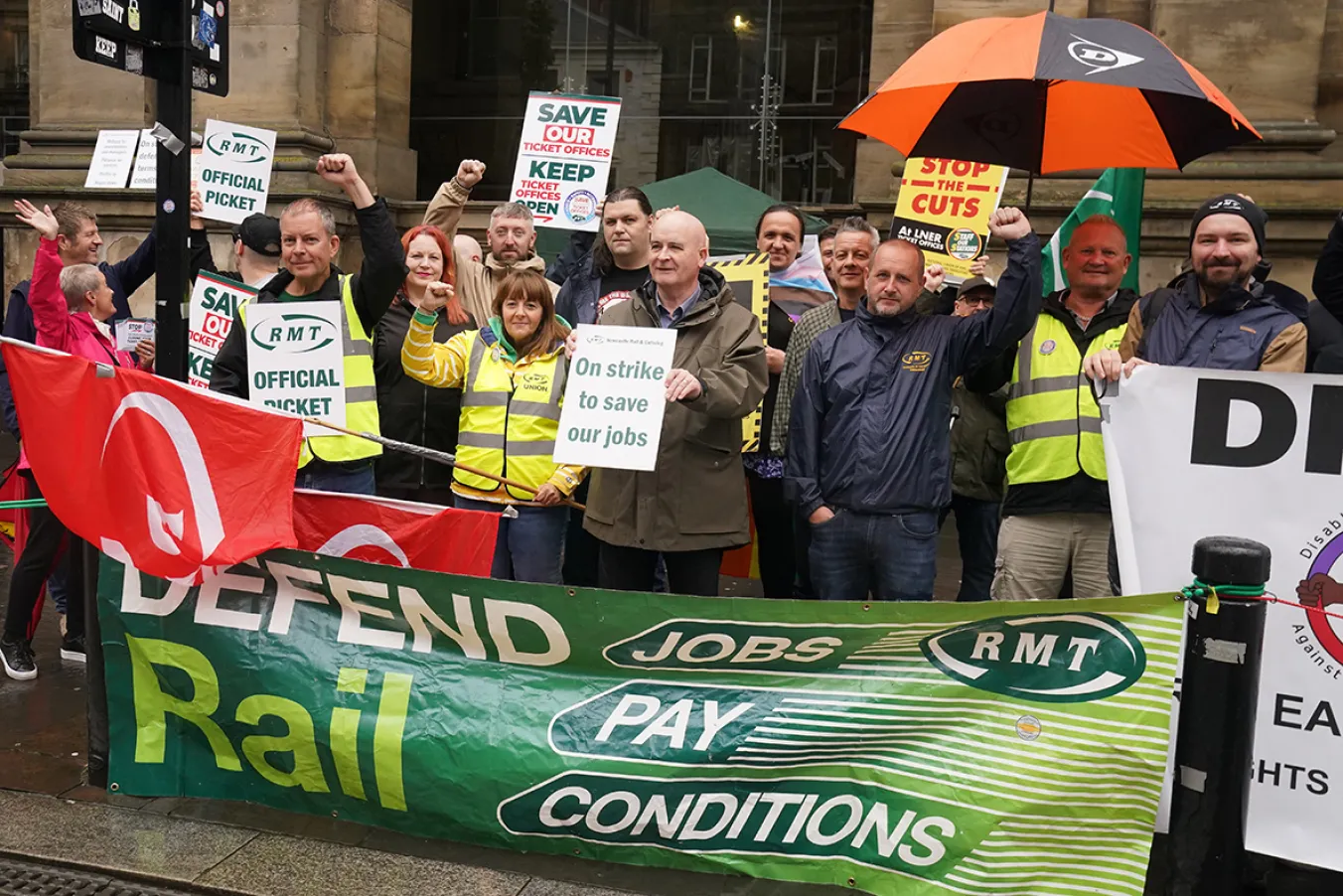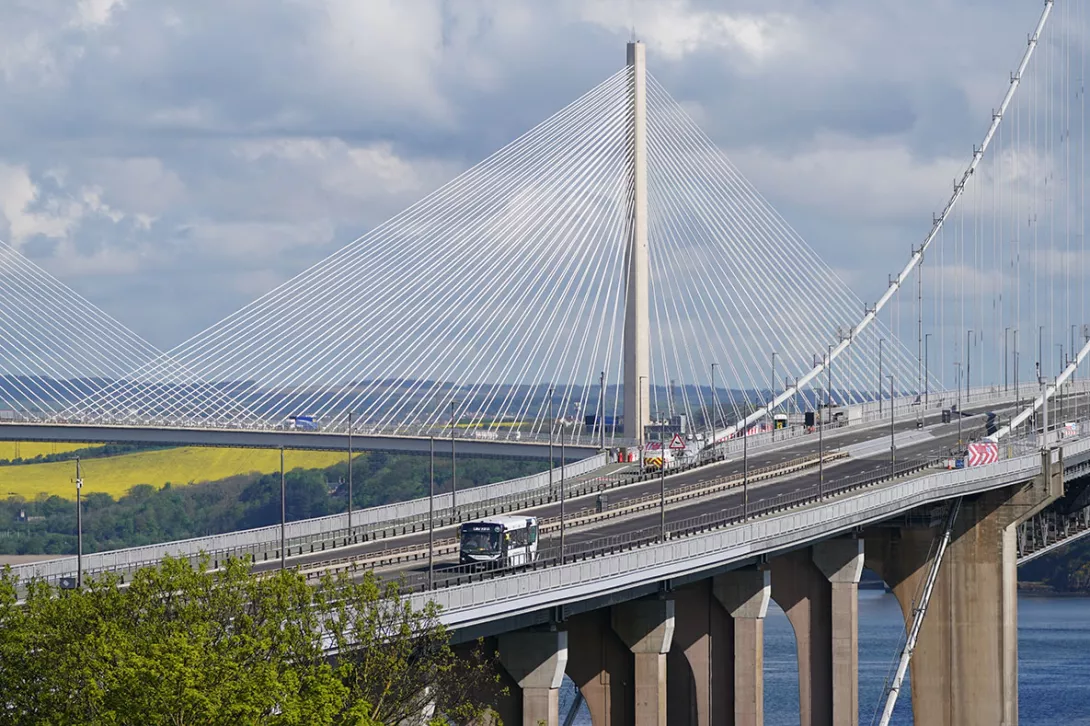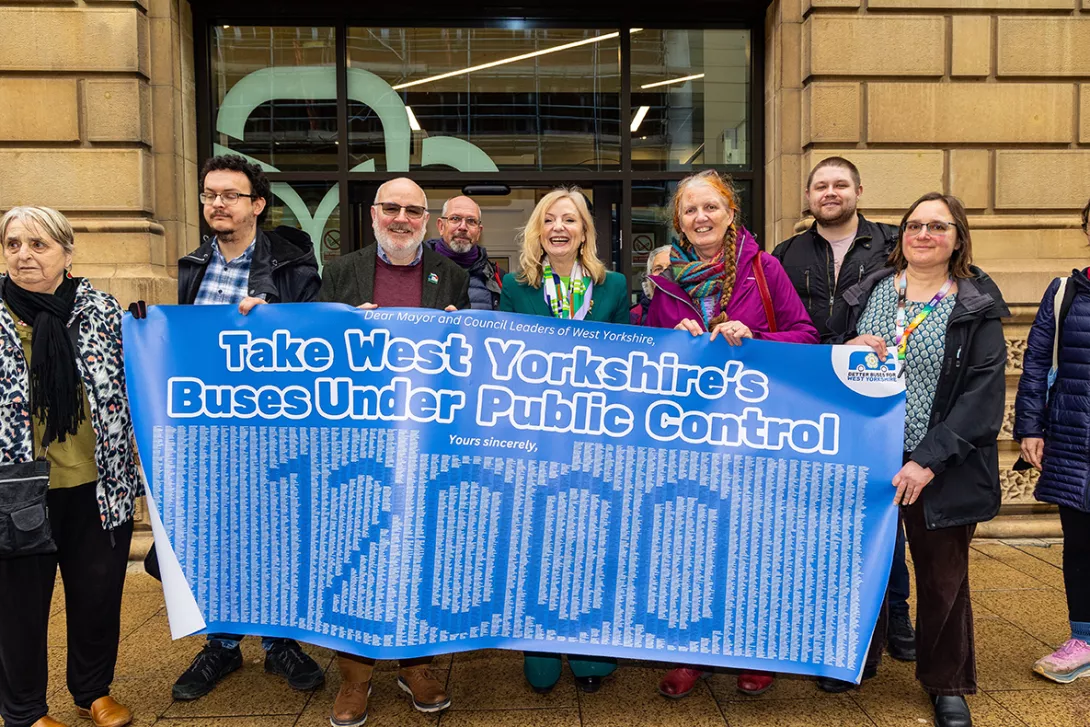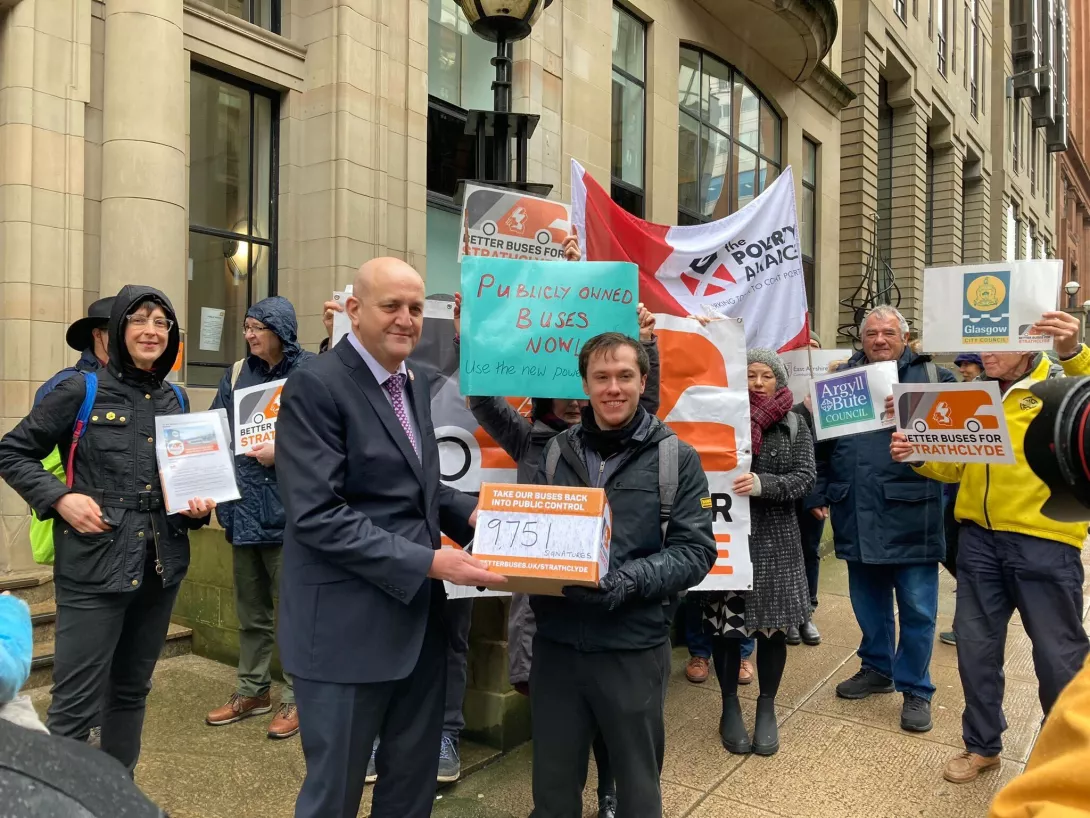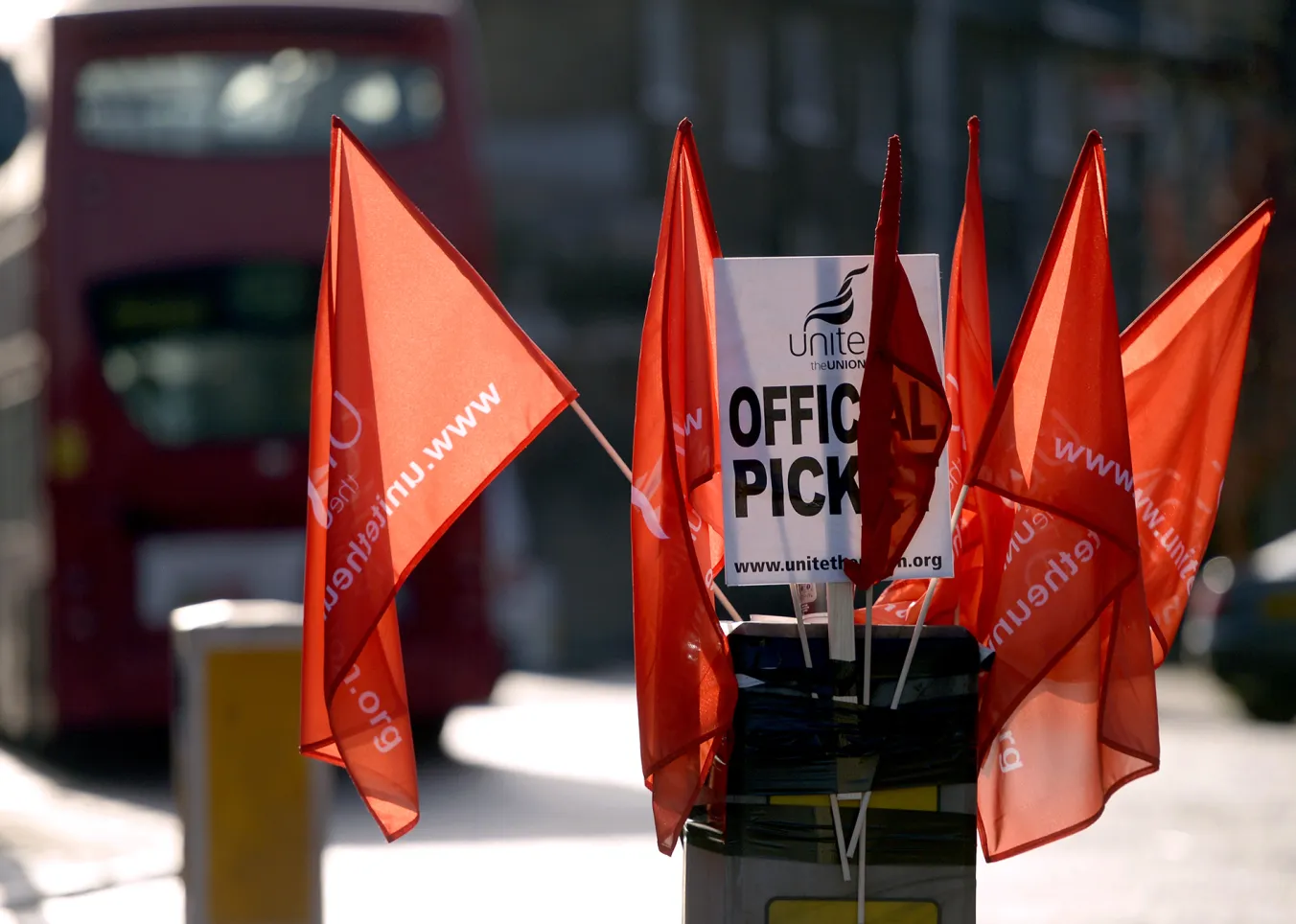
THIS summer has seen public transport move up the news agenda — the climate crisis highlights the urgent need to reduce reliance on fossil fuels and to have a strong public transport infrastructure; strikes by RMT, Aslef and Unite are showing how vital our front-line services are in keeping Britain moving and supporting the economy; and the cost-of-living crisis means that our buses and trains are crucial not only to get people to work and to the shops, and to enable them to visit friends and family, but also as places of light and warmth.
It is shocking that this should be the case, but it was happening last winter, and is bound to increase this autumn as energy costs soar and real incomes drop.
Our services are already under pressure, with news of companies closing and routes being reduced across Britain.
